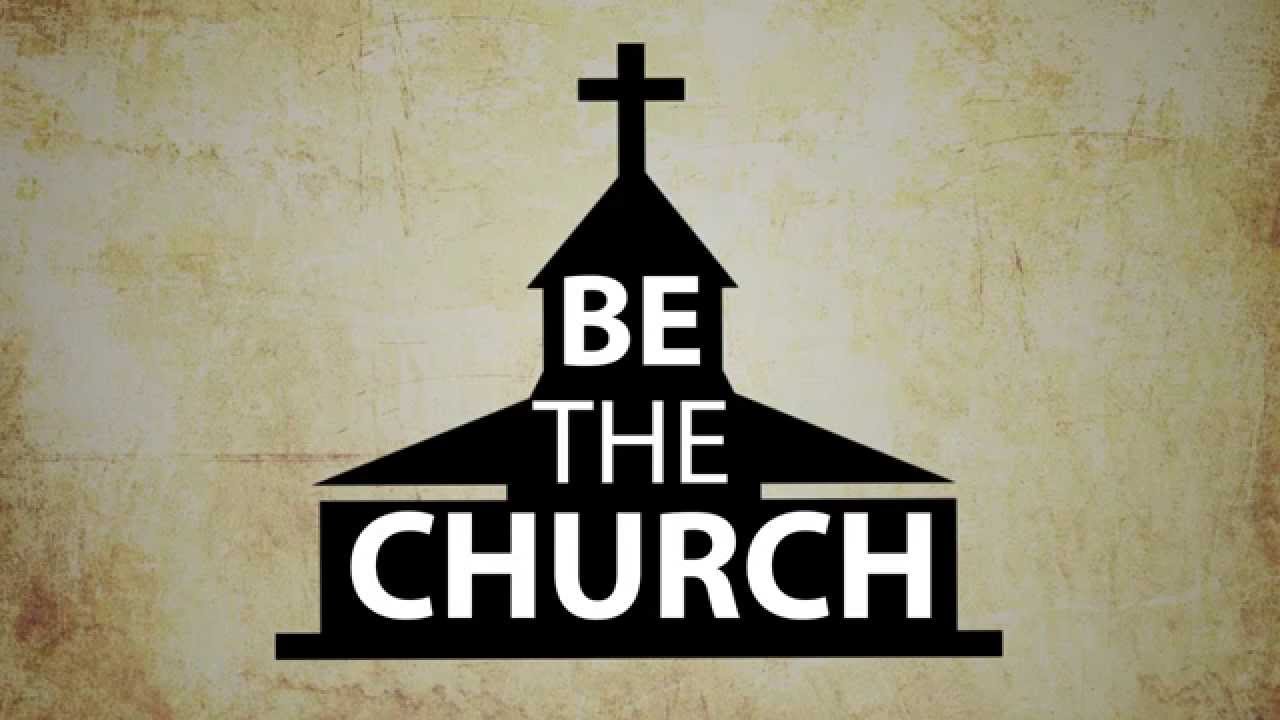After His Resurrection, the Bible says that Jesus spent 40 days with his disciples teaching about the kingdom of God. We can only imagine what Jesus  taught , what he clarified, or what he warned his disciples about. The only words that we have recorded are Jesus’ last words to His disciples. It follows then that these are the only words, from those forty days, that Jesus wanted us to concern ourselves with. All three of synoptic authors record His last words at the end of their gospels, all sounding slightly different: Matthew 28.18-20; Mark 16.15; Luke 24.44-49. Additionally, Luke records a variation of Jesus final words at the beginning of the book of Acts.
taught , what he clarified, or what he warned his disciples about. The only words that we have recorded are Jesus’ last words to His disciples. It follows then that these are the only words, from those forty days, that Jesus wanted us to concern ourselves with. All three of synoptic authors record His last words at the end of their gospels, all sounding slightly different: Matthew 28.18-20; Mark 16.15; Luke 24.44-49. Additionally, Luke records a variation of Jesus final words at the beginning of the book of Acts.
Most are familiar with Jesus final words as “The Great Commission.” The truth is that the heart of the Great Commission actually first was heard somewhere in the middle of Jesus’ ministry. Through a dialogue with Peter in Matthew 16, Jesus explicitly identifies the purpose of his coming as the building of his church. In context, it is doubtful the disciples understand what he means though Jesus tells him that the foundation of this building will be his death and resurrection. Implied in this exchange, is the role of the disciples who will “follow” Jesus by taking up a cross like his. After Jesus resurrection, and before his ascension, Jesus clarifies His Command by becoming more specific. He tells His disciples to make disciples of all nations, to bring those who receive his word into the church through baptism, and to teach them all that Jesus commanded. How quickly we forget, however, that one of his commands includes the Great Commission itself.
Though we might argue about exactly what the Great Commission means, it is doubtful we can argue away from the fact that it is a command. In other words, the Great Commission is not advice, it is not optional and, as far as I can tell, it is not fulfilled. I believe Pastor David Platt, at a conference last year, laid out what fulfilling the Great Commission will require well. The Great Commission is what Jesus wants us his disciples to devote themselves toward until He returns to earth or they return to heaven–whichever comes first. As a disciple of Jesus, not just a pastor, I must concern myself with what it means to obey this command personally and, as a pastor, what it means to obey this command corporately. Because, if it is a Command, then it is something that we can fail to obey . The easiest way to fail to fulfill the Great Commission is to ignore the first word of the last words Jesus spoke in Matthew 28.19 — “GO”. The word GO reminds us that building a community of believers has a purpose: it is a means to an end, not the end itself. Sometimes, however, we confuse church for the mission. The church does not have a mission, the mission has a church. And the mission, to be executed by the church, is to make disciple–to multiply. Specifically, we believe we are called to make disciples and plant churches. This commitment requires a conviction that the Great Commission can be accomplished and will be completed. Furthermore, it requires that pastors and churches view themselves not as the end of the mission, but as a means to mobilize and equip people for mission through the local church.
We must not forget that is not a “new” work of Jesus, this is the continuing work of Jesus who is building His church. Jesus came to save sinners bring them back into relationship with their Father. Doctor Luke makes a point to identify the purpose of both volumes he writes (Luke, Acts) at the beginning of Acts where he writes: “In the first book, O Theophilus, I have dealt with all that Jesus BEGAN to do and teach until the day when he was taken up, after he had given commands through the Holy Spirit to the apostles he had chosen.” (Acts 1.1-2). The book of Acts is what Jesus is continuing to do, by the Spirit, through his apostles. He is still on the same mission.
Through future blog posts, I will endeavor to detail how the disciples appeared to have understood His command specifically. I believe we will see that God saves us by the power of the gospel, believers are gathered into a FAMILY where we grow in the gospel together—taking it deeper into our own hearts as we share it in one another’s lives. But that family is not only a collection of maturing brothers and sisters who love one another; it becomes a team of ambassadors who are SENT on mission into the world. Genuine faithfulness requires that we both gather AND scatter.




